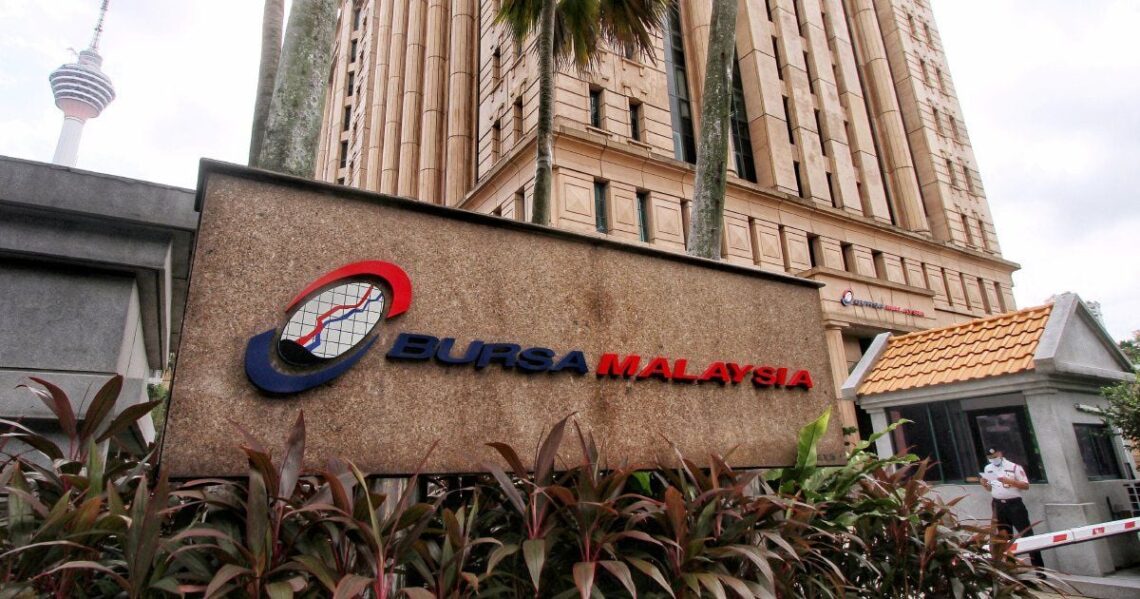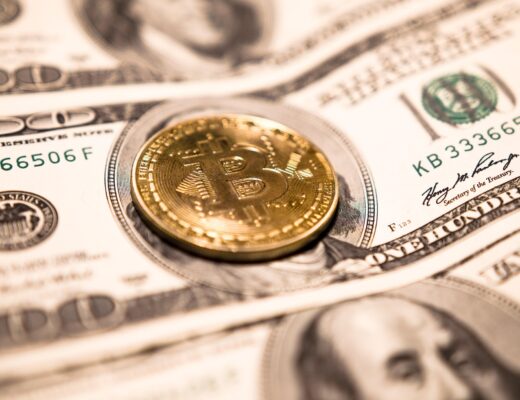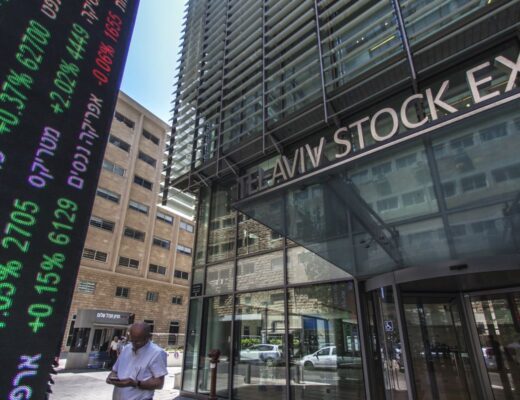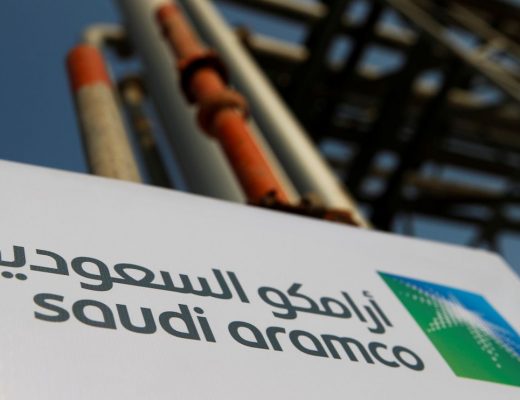Malaysia’s Derivatives Exchange wants to hedge trading
The Malaysian Derivatives Exchange is the world’s largest palm oil trading platform. It became known that they plan to launch the sale of soya oil here in the near future.
Bursa is popular with traders for its palm oil futures, considered the most liquid among other global platforms. Another in-demand oil, soybean oil, is expected to be traded here in 2024. Preparatory work on the contract specification is ongoing, but this commodity will be available on the exchange soon.
According to Bursa spokesman Mohde Salim, palm oil and soya oil are in high demand and trading them together will provide a hedge. In this way, the exchange aims to protect itself from market fluctuations.
The Commodity Exchange and the Chicago Board of Trade are the leading soya oil trading platforms. These platforms have teamed up to offer the cheapest futures for the product.
It is worth noting that the edible oils sector is very dynamic. The specificity of the industry lies in the dependence of some types of oil on others. For example, the cost of palm, soya and sunflower oils fluctuates when the price of other edible oils rises or falls. In addition, demand for these commodities from biofuel producers is increasing. For example, soybean oil is a component of ethanol. Many traders and refiners use edible oils as a hedging tool to minimise risk.
The main plan of the Malaysia Derivatives Exchange is to obtain a contract for soybean oil for Asian buyers. Once they have such an agreement, contracts for other edible oils can be in place. Among the latter, sunflower oil is the preferred choice for replacement.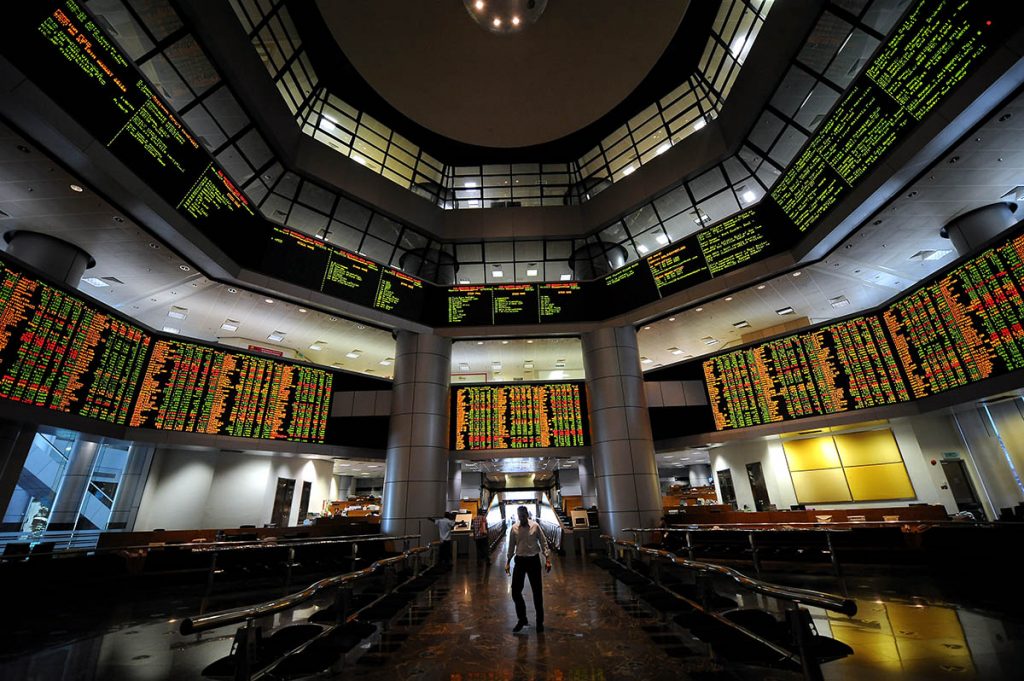
Situation in the edible oil market
In recent years, there has been an active demand for edible oils, which has led to some changes in the market:
– Malaysia and Indonesia are the leading suppliers of palm oil;
– producers such as Argentina, the US and Brazil provide the largest supplies of soya oil;
– sunflower oil exporters were, until recently, two European countries involved in a geopolitical conflict. As a result, one of the countries cut off supplies because of the sanctions imposed, so the situation in the sector is quite tense.
The edible oil market is also unstable due to other factors. One is India’s decision to suspend palm and soybean oil futures trading. Many local traders have had to look for ways to mitigate their losses.
As for Bursa Malaysia, there has been an increase in trading volumes over the past three years. The main reason was the increase in volatility caused by the introduction of tariffs and export restrictions imposed by Indonesia.
